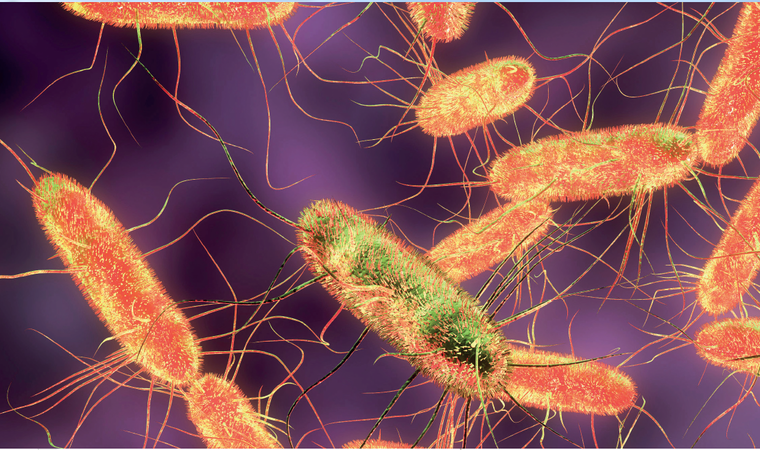As Salmonella continues to be a significant economic burden for the whole poultry industry, from production to processing, paying close attention to broiler gut health can significantly improve bird performance and carcass saleability.
“In 2017 alone, EU Salmonella National Control Programmes showed that Salmonella was found in 3.31% of broiler flocks and close to 93,000 cases of salmonellosis were reported in humans,” explains Hannah Elliott, monogastric sales and technical support at Lallemand Animal Nutrition.
“This has considerable implications for processing units, particularly in instances where carcass saleability is impacted, for example if feet can’t be sold to overseas markets due to pododermatitis.”
Although there are strict procedures during food transportation and processing to adhere to, reducing the risk of a Salmonella outbreak must be considered in the first instance at a farm level. This is particularly important as Salmonella can colonise the entire poultry digestive tract, leading to poor bird performance and increased mortality, both costly for the farmer.
“Poultry producers should carefully consider an appropriate control programme, including strict biosecurity measures, and appropriate disinfection of farm buildings and equipment after sheds are emptied.
“In addition, the use of probiotics help to balance the digestive microbiota which reinforces the birds’ natural defences. In the case of Salmonella, the live yeast probiotic reduces Salmonella contamination on carcasses through a reduction of Salmonella colonisation within the gut and subsequently Salmonella found within faeces.
“Levucell SB, a probiotic live yeast, has been proven to be an effective tool in the fight against Salmonella infections, demonstrated by being the first feed additive registered for the reduction of Salmonella contamination,” adds Hannah.
Highlighting the food safety benefit to processing, European studies demonstrated that when birds were fed the probiotic live yeast, there was a significant reduction in carcass contamination at processing, from 41% Salmonella positive when fed a normal diet, to just 20% Salmonella positive with the addition of Levucell SB to the diet.
“We’ve also seen that when given Levucell SB, average body weight of birds increased by 1.75% and bird mortality decreased by 19%, which provides huge financial gains for farmers,” says Hannah.
“As Salmonella presents a serious challenge to all aspects of the supply chain, it’s vital that producers consider ways to tackle the issue, both to improve farm performance and aid processing,” she concludes.




